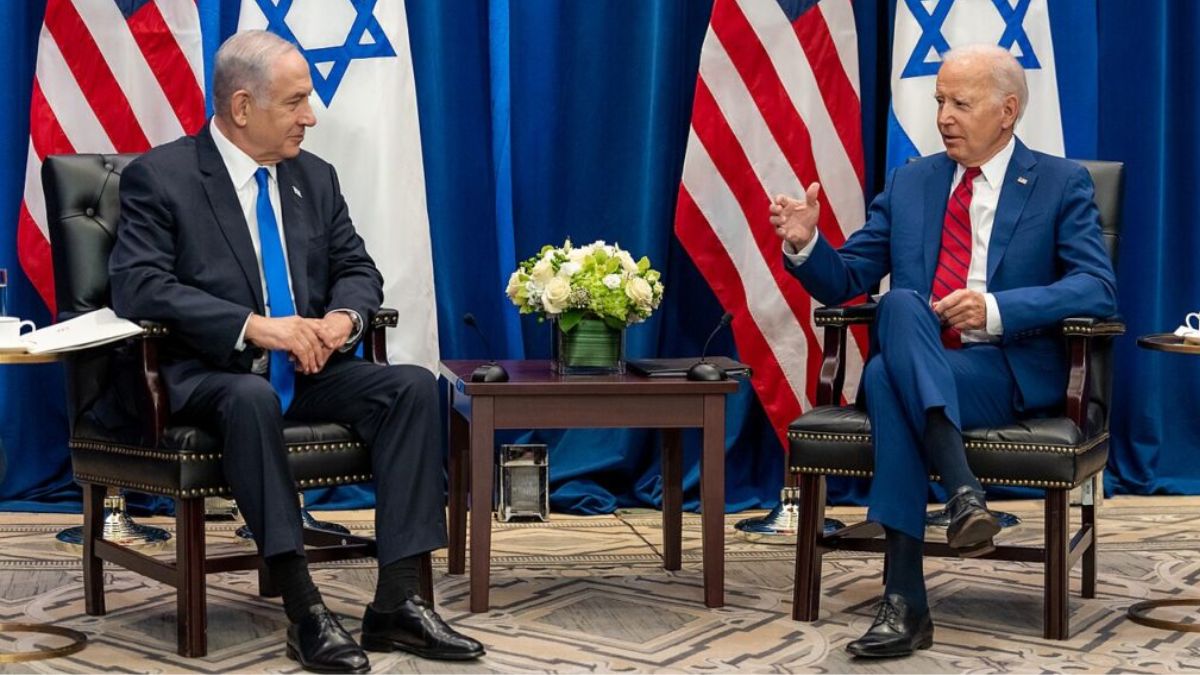The United States is working fervently to de-escalate the ongoing tensions between Israel and Hezbollah and secure a cease-fire agreement for Gaza. This diplomatic push comes alongside the approval of a significant new arms deal for Israel, highlighting a complex balancing act by Washington.
On Wednesday, U.S. envoy Amos Hochstein arrived in Beirut to engage in talks aimed at preventing further escalation between Hezbollah and Israel. This visit follows recent Israeli strikes that targeted senior Hamas and Hezbollah leaders. Hochstein expressed optimism that a large-scale conflict between Hezbollah and Israel could be averted, emphasizing the urgent need for both Israel and Hamas to progress toward a peace agreement for Gaza. He stressed that both sides must move quickly to avoid any further delays and reach a resolution.
The heightened diplomatic activity comes in tandem with the Biden administration’s announcement of a new $20 billion arms deal for Israel. The agreement comprises more than 50 F-15 fighter jets, advanced air-to-air missiles, tank ammunition, and tactical vehicles. The State Department indicated that the sale is in line with U.S. interests in ensuring Israel’s strong self-defence capabilities amidst regional uncertainties.
Despite this substantial arms deal, the U.S. is focused on mitigating the risks of a broader conflict. Israeli airstrikes on Gaza continue as Washington seeks to facilitate a cease-fire agreement. Tehran’s rejection of calls to de-escalate and its threat to retaliate against Israel for the assassination of Hamas leader Ismail Haniyeh has further complicated the situation.
U.S. President Joe Biden acknowledged the challenges in the cease-fire negotiations but maintained that achieving a truce could help prevent Iranian aggression against Israel. Israeli Prime Minister Benjamin Netanyahu’s office has detailed specific conditions for a truce, including limitations on the release of certain prisoners from Israeli jails.
In response to the ongoing crisis, Israeli President Isaac Herzog has emphasized the country’s “high alert” status and expressed gratitude towards allies supporting Israel against perceived threats from Iran and its proxies. The escalation has prompted Western governments to advise against travel to Lebanon and prepare evacuation plans for their nationals if necessary.
As the situation continues to evolve, the U.S. remains committed to both diplomatic engagement and bolstering Israel’s defensive capabilities, aiming to navigate the complex geopolitical landscape of the Middle East.

